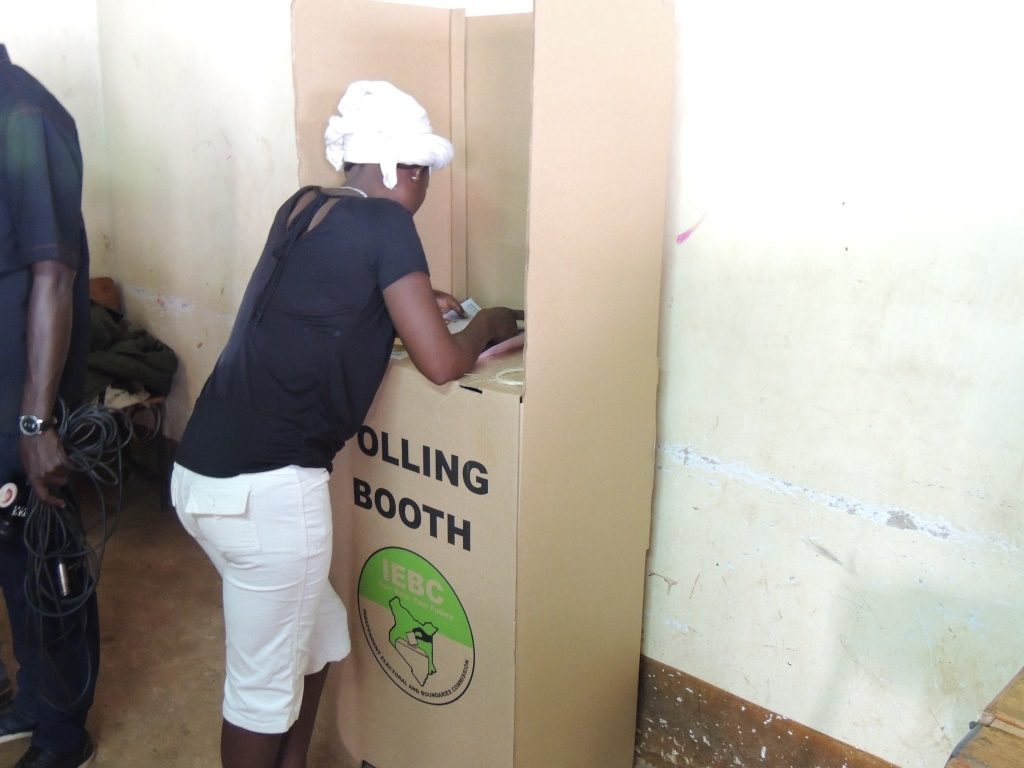
By MN Reporter,
It costs more to vie for the senator seat that the Woman Representative, a report has revealed.
The The cost of politics in Kenya: Implications for political participation and development published by Karuti Kanyinga and Tom Mboya in July 2021 sampled the cost aspirants used for Senator, Woman Representative and Member of County Assembly seats in the 2017 general elections.
A total of 300 aspirants and several political activists were sampled in the research funded by Westminster Foundation for Democracy (WFD) and Netherlands Institute for Multiparty Democracy (NIMD).
“The study uncovers the costs for aspirants at different stages of this process, from the party primary, through the general election and, for those who were successful, whilst in office,” the report said.
Here are costs for the seats:
- Senate average of Sh35.5million
- Woman Representative Sh22.8million
- Members of parliament Sh18.2 million
- Member of County Assembly Sh3.1million
The amount raised was from individual’s personal savings or with the support of friends or family, as less than 20 per cent of those surveyed they they never received any financial support directly from their political parties.
“The more a candidate spends, the greater their chance of electoral victory. Woman Rep candidates who won their race spent almost three times as much as those who were unsuccessful,” the report said.
It was the same for senators who won as they had spent more than double that of losers, MPs who won also spent 50 per cent more than those who did not win.
The report also said apart from money spent, “the support of a dominant party enhances a candidates chances significantly.”
The report also revealed that an MP spends as much as Sh780,000 a month for “development projects for constituents and donations to local interest groups,” which is more than their basic salary.

